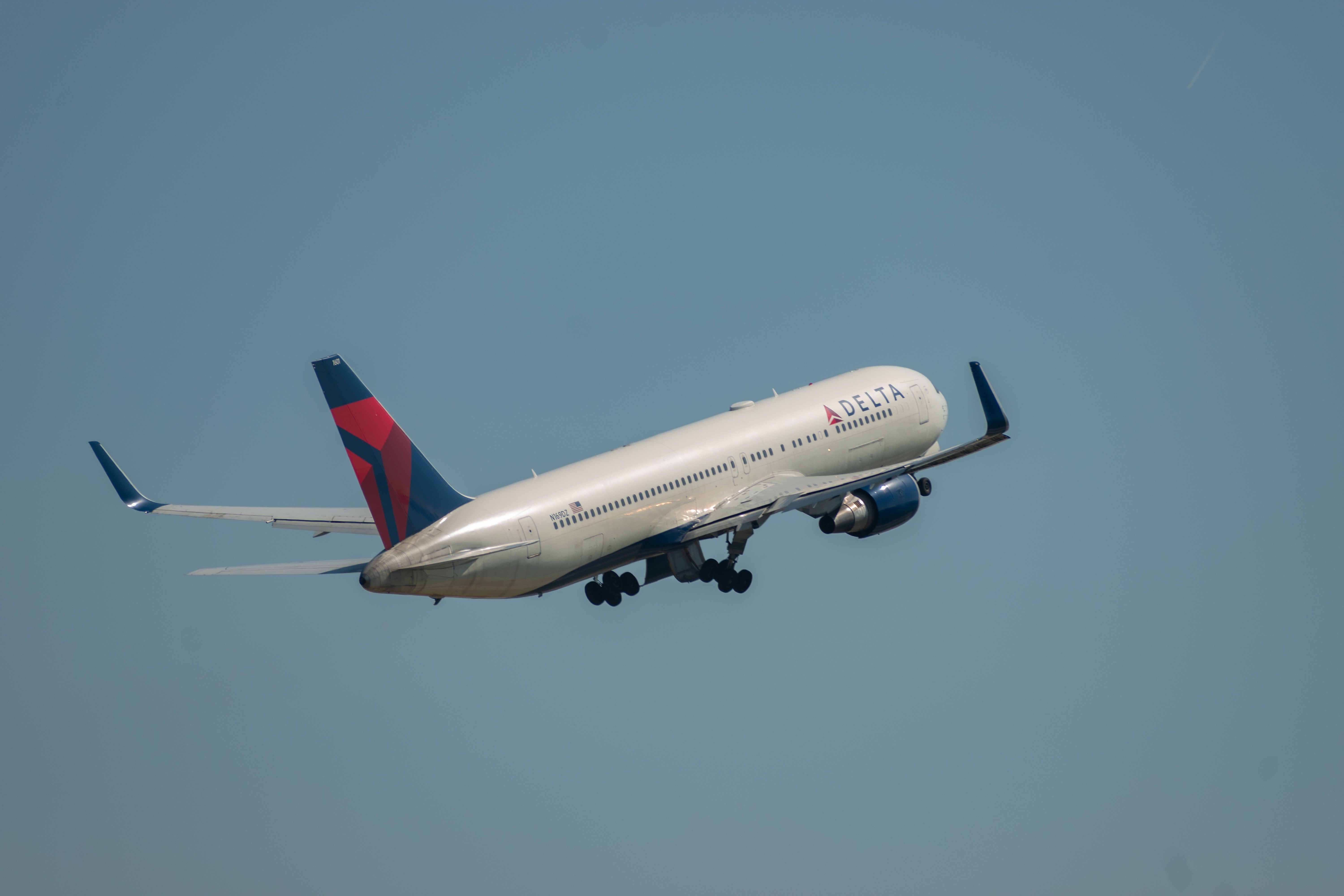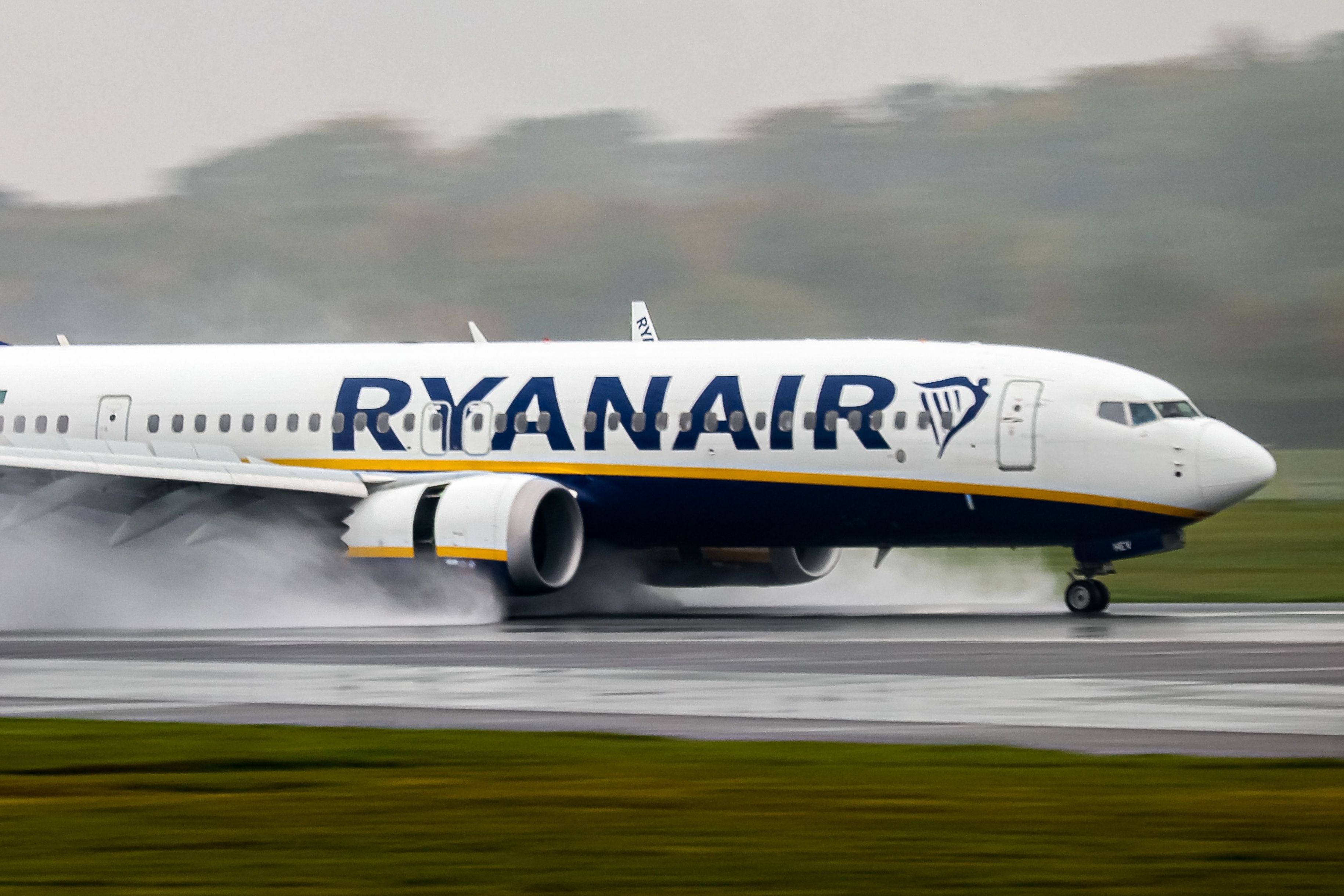Summary
- Airlines for America resisted the new EU pollutant monitoring program for flights outside Europe.
- The IATA also raised concerns over the program, suggesting it should be voluntary.
- Major European carriers oppose exemptions, saying they would weaken the credibility of the program.
Lobbying group Airlines for America (A4A) reportedly tried to convince the European Commission (EC) not to include flights to and from destinations outside Europe for its upcoming pollutant monitoring program. The group cited the uncertainty of the science and a rise in ticket prices if airlines are forced to comply.
Airlines for America opposes new EU pollutant monitoring
As reported by The Guardian, minutes of a meeting between A4A representatives and the European Commission’s climate team in May show that A4A argued against the inclusion of non-European flights in the EU’s upcoming emissions reporting scheme. Under this proposal, airlines are required to monitor, report and verify levels of non-CO2 pollutants, such as nitrogen oxide and sulfur dioxide, applicable to European flights from January 2025 before extending to non-European routes in 2027.
Photo: Robert Buchel | Shutterstock
The meeting was not disclosed on the EU transparency register and only discovered via freedom of information requests. It was attended by A4A and its consultancy partner Penta, as well as representatives from US carriers including Delta Air Lines, FedEx and United Airlines. According to the EC, the meeting was a technical meeting at a lower level, which is typically not reported.
Lucca Ewbank from nonprofit InfluenceMap told The Guardian,
“Non-CO2 emissions may account for up to two-thirds of the climate impacts of flying, and yet US airlines are trying to dodge accountability for the extra climate warming long-haul flights may cause.”
The EU’s scheme is due to be introduced next year for intra-European flights and then expanded to non-European flights in 2027. A4A pointed to the uncertainty of the science and argued that US airlines should be exempt from the requirement, even after 2027. The group added that its meetings are “in compliance with all regulatory requirements,” while the EC pointed out that it often holds technical meetings with stakeholders holding “different and sometimes diametrically opposed” perspectives.
IATA also raises concerns
The International Air Transport Association (IATA) appears to be in favor of A4A’s position by stating its doubts over whether the reporting scheme will actually improve scientific understanding. As such, it believes the scheme should be voluntary given its experimental nature.
Photo: Bradley Caslin | Shutterstock
Additionally, it cited “extraterritorial concerns” about forcing airlines to comply on flights outside of Europe. IATA said,
“The commission essentially regulated this subject matter with the assumption that we know enough to move forward. But on such an important issue, putting the proverbial cart before the horse is not the way to progress.”
However, major European carriers – including easyJet and Ryanair – have stated it would be unfair if some airlines were exempt from the scheme. Additionally, their exemption would weaken the credibility of the science by giving the industry only partial coverage of non-CO2 emissions.



